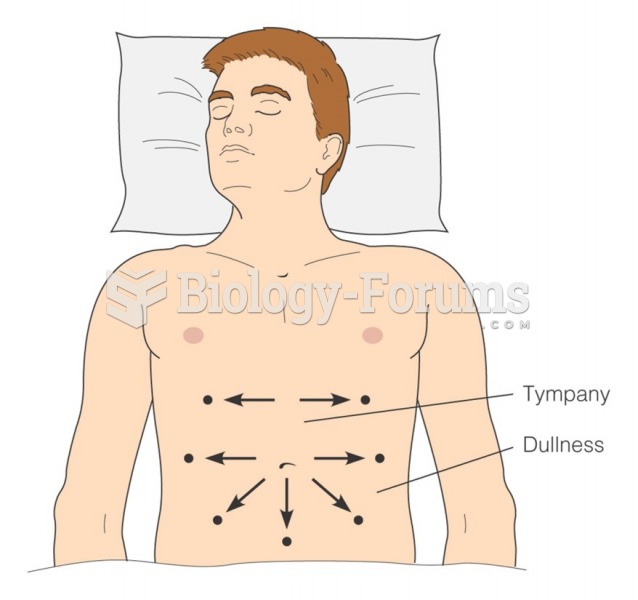Answer to Question 1
C
Answer to Question 2
In recent years, developmentalists have turned to psychophysiological methodstechniques that measure the relationship between physiological responses and behaviorto explore the biological underpinnings of children's perceptual, cognitive, and emotional responses. Psychophysiological methods are particularly useful for interpreting the mental and emotional experiences of infants and toddlers who are unable to report such events (Bornstein, 1992).
Heart rate is an involuntary physiological response that is highly sensitive to one's psychological experiences. Compared to their normal resting, or baseline levels, infants who are carefully attending to an interesting stimulus may show a decrease in heart rate; those who are uninterested in the stimulus may show no heart rate change, and others who are afraid of or angered by the stimulus may show a heart rate increase (Campos, Bertenthal, & Kermoian, 1992; Fox & Fitzgerald, 1990).
Measures of brain function are also very useful for assessing psychological state. Because different patterns of EEG activity characterize different arousal states, such as sleep, drowsiness, and alertness, investigators can track these patterns and determine how sleep cycles and other states of arousal change with age. Novel stimuli or events also produce short-term changes in EEG activity. So an investigator who hopes to test the limits of infant sensory capabilities can present novel sights and sounds and look for changes in brain waves (called event-related potentials, or ERPs) to determine whether these stimuli have been detected, or even discriminated, because two stimuli sensed as different will produce different patterns of brain activity (Bornstein, 1992).
Though very useful, psychophysiological responses are far from perfect indicators of psychological states. Even though an infant's heart rate or brain-wave activity may indicate that he or she is attending to a stimulus, it is often difficult to determine exactly which aspect of that stimulus (shape, color, etc.) has captured attention. Furthermore, changes in physiological responses often reflect mood swings, fatigue, hunger, or even negative reactions to the physiological recording equipment, rather than a change in the infant's attention to a stimulus or emotional reactions to it. For these reasons, physiological responses are more likely to be valid indications of psychological experiences when participants (particularly very young ones) are initially calm, alert, and contented.







